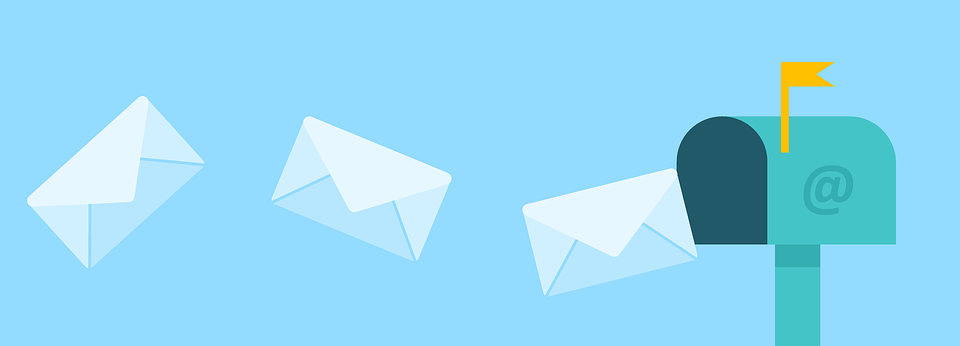
Email, short for Electronic Mail, consists of messages which are sent
and received using the Internet. There are many different email
services available that allow you to create an email account and send
and receive email and attachments, many of which are free.
Today we will focus on the services available through Yahoo! Mail
because it is free and one of the more popular email services available,
but we will also give hints, examples and advice for Gmail and the
email software programs Outlook, Outlook Express, and Thunderbird
The Pros

• It’s fast. Most messages are delivered within minutes – sometimes seconds – around the world without the inconvenience and cost of using s postal service.
• It’s personal. While the nature of email is informal, its efficiency is an excellent
substitute for telephone conversations.
• You can think through your response. Like a letter, you can type your reply and make
changes before sending.
• The sender and the receiver don’t have to be working at the same time. Email avoids
problems such as telephone tag or trying to contact someone in a different time zone.
• Email makes it easy to keep a record of your communication. You can save and refer to later copies of the emails you send as well as those you receive.
The Cons

• Junk Mail (also known as Spam). This is as annoying in email as it is with traditional
mail. Try not to send unnecessary messages.
• Ads. The reason you can get free email services like Yahoo is because of advertisements.
• Misinterpretation. Email arrives without tone or hand gestures which can lead to
misunderstandings.
• Email messages can be passed on to others. You should always count on the possibility of your message ending up in the inbox of someone it wasn’t intended for.
• You can hide behind email. It’s tempting to use email instead of facing a person when you have to deal with an unpleasant situation.
Don’t use email for:
• Long or complicated messages
• Sometimes it’s more effective to speak to someone in person or on the phone. It can
be difficult to effectively write down a complicated message in email format.
• Questions that require a lot of clarification
• If a message is going to require several exchanges back and forth to make sure it
is understood, more direct communication is best.
• Delivering indiscreet, sensitive, or private information.
0 Comments